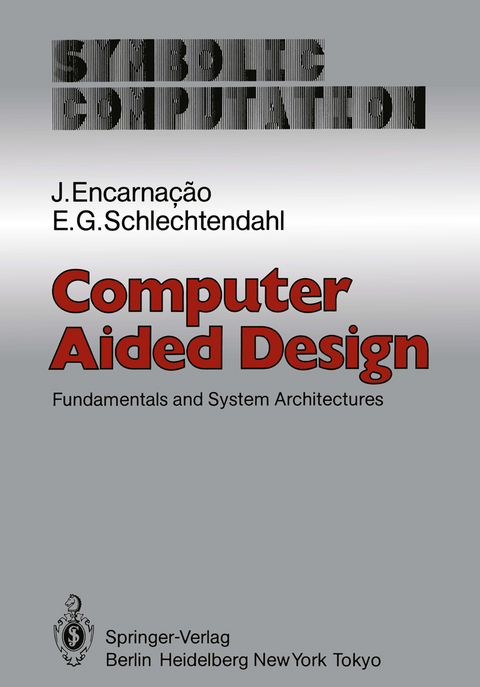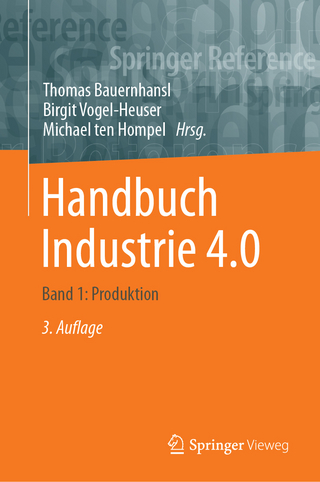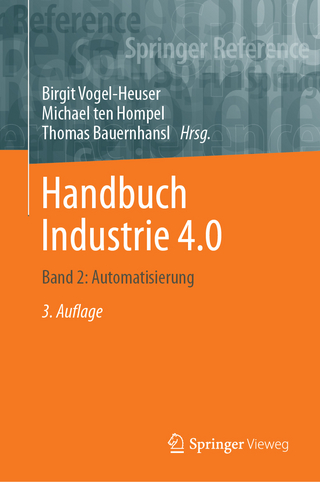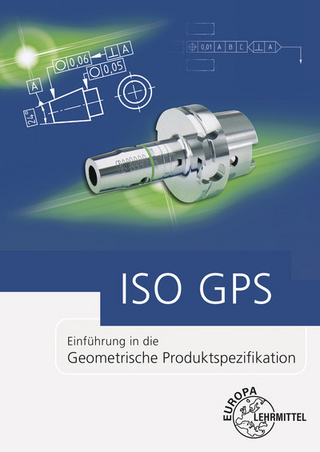
Computer Aided Design
Springer Berlin (Verlag)
978-3-642-96712-2 (ISBN)
1 Introduction.- 1.1 Purpose of This Book.- 1.2 Scope of CAD.- 1.3 Content of the Book.- 1.4 Summary.- 1.5 Acknowledgements.- 1.6 List of Frequently-Used Abbreviations.- 2 History and Basic Components of CAD.- 2.1 History.- 2.2 Modules, Functions, Components.- 2.3 Interactive Graphic Interfaces.- 2.4 Data Bases for CAD.- 2.5 Economical Aspects of CAD.- 2.6 Interdisciplinary Aspects of CAD.- 2.7 Summary.- 2.8 Bibliography.- 3 The Process Aspect of CAD.- 3.1 Modelling of the Design Process.- 3.2 CAD Processes.- 3.3 Modelling in CAD.- 3.4 Summary.- 3.5 Bibliography.- 4 The Architecture of CAD Systems.- 4.1 The Gross Architecture.- 4.2 Data Models.- 4.3 The Resource Aspect.- 4.4 Summary.- 4.5 Bibliography.- 5 Implementation Methodology.- 5.1 Techniques and Tools for CAD System Development.- 5.2 Computer Graphics.- 5.3 CAD System Use of Interactive Graphics Functions.- 5.4 Design of Efficient CAD Data Bases.- 5.5 Integrated Systems and Methods Bases.- 5.6 Summary.- 5.7 Bibliography.- 6 Engineering Methods of CAD.- 6.1 Geometry Handling.- 6.2 Numerical Methods.- 6.3 Computer Graphics for Data Presentation.- 6.4 Summary.- 6.5 Bibliography.- 7 CAD Application Examples.- 7.1 Typical Classes of Applications.- 7.2 CAD Application in some Specific Examples of Industry.- 7.3 Bibliography.- 8 Trends.- 8.1 Availability of Computer Power.- 8.2 System Architecture and Software.- 8.3 Social Aspects.- 8.4 Standardization.- 8.5 Summary.- 8.6 Bibliography.- 9 Subject Index.- 10 Author Index.- Color Plates.
| Erscheint lt. Verlag | 19.1.2012 |
|---|---|
| Reihe/Serie | Computer Graphics - Systems and Applications | Symbolic Computation |
| Zusatzinfo | X, 348 p. |
| Verlagsort | Berlin |
| Sprache | englisch |
| Maße | 170 x 244 mm |
| Gewicht | 620 g |
| Themenwelt | Mathematik / Informatik ► Informatik ► Software Entwicklung |
| Informatik ► Weitere Themen ► CAD-Programme | |
| Schlagworte | CAD • Computer-Aided Design (CAD) • Datenübertragung • Design • Geometrisches Modellieren • Graphisches Kernsystem • Implementierung • Modeling • Rechnerunterstützte Konstruktion • Systemarchitektur |
| ISBN-10 | 3-642-96712-4 / 3642967124 |
| ISBN-13 | 978-3-642-96712-2 / 9783642967122 |
| Zustand | Neuware |
| Informationen gemäß Produktsicherheitsverordnung (GPSR) | |
| Haben Sie eine Frage zum Produkt? |
aus dem Bereich


